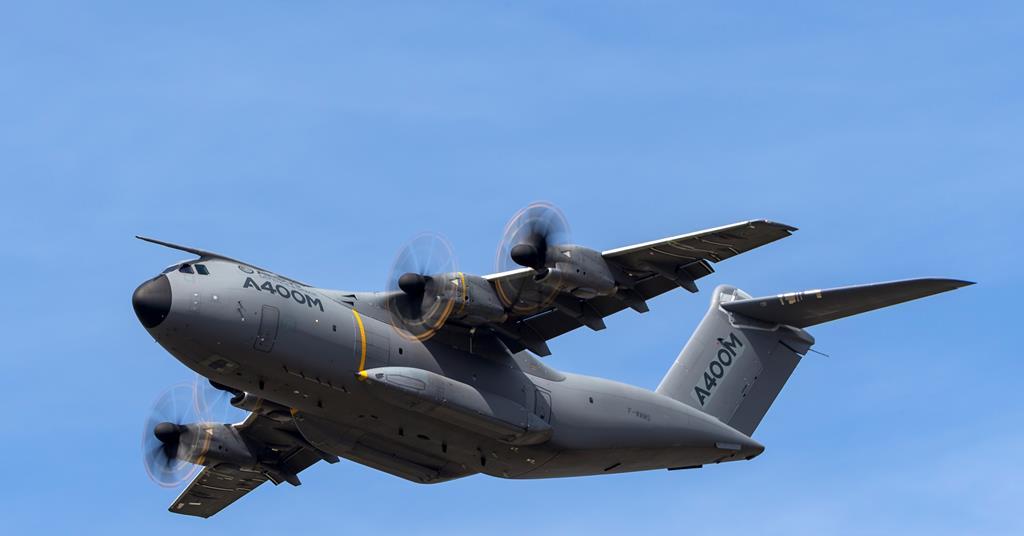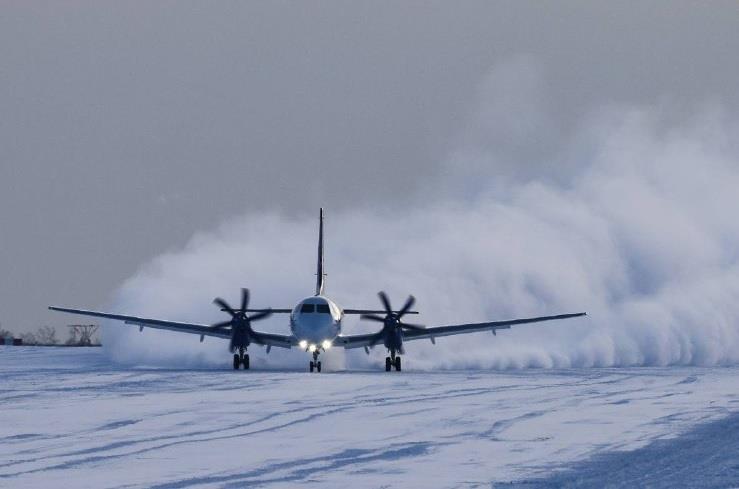EU ‘undermining’ airline competitiveness with sustainability policies: IATA chief | News
Company
Legal Links
Contact
- +44 7947 753363
- contact@skylineairporttransfers.co.uk
- 6 Walsall Street Bilston Wolverhampton WV14 0AT
© Skyline Airport Transfers. Created by![]() Beaphoenix WebDesign ltd
Beaphoenix WebDesign ltd
Popular Locations:
Birmingham: Aston, Bournville, Edgbaston, Erdington, Great Barr, Hall Green, Handsworth, Harborne, Northfield, Quinton, Soho, Sutton Coldfield, Amblecote, Brierley Hill, Coseley, Cradley, Gornal, Halesowen, Kingswinford, Lye, Netherton, Sedgley, Stourbridge, Quarry Bank, Bearwood, Blackheath, Cradley Heath, Great Bridge, Old Hill, Rowley Regis, Smethwick, Tipton, Tividale, Wednesbury, West Bromwich, Balsall Common, Bickenhill, Castle Bromwich, Chelmsley Wood, Dorridge, Elmdon, Hampton in Arden, Kingshurst, Knowle, Marston Green, Meriden, Monkspath, Hockley Heath, Shirley, Aldridge, Birchills, Bloxwich, Brownhills, Darlaston, Leamore, Palfrey, Pelsall, Pheasey, Shelfield, Streetly, Willenhall, Bilston, Blakenhall, Bushbury, Compton, Ettingshall, Heath Town, Oxley, Penn, Tettenhall, Wednesfield, Burntwood, Lichfield, Cannock, Rugeley, KIDDERMINSTER, Brierly Hill,
STOURPORT-ON-SEVERN
Coventry: Allesley, Binley, Keresley, Stoke, Tile Hill
Leicester: Abbey Rise, Ashton Green, Aylestone, Beaumont Leys, Bede Island, Belgrave, Blackfriars, Braunstone, Braunstone Frith, Bradgate Heights, Clarendon Park, Crown Hills, Dane Hills, Evington, Evington Valley, Eyres Monsell, Frog Island, Goodwood, Hamilton, Highfields, Horston Hill, Humberstone, Humberstone Garden, Kirby Frith, Knighton, Mowmacre Hill, Netherhall, Newfoundpool, New Parks, North Evington, Northfields, Rowlatts Hill, Rowley Fields, Rushey Mead, Saffron, Southfields, South Knighton, Spinney Hills, Stocking Farm, Stoneygate, St. Matthew’s, St. Mark’s, St. Peters, Thurnby Lodge, West End, West Knighton, Western Park, Woodgate
Derby: Matlock, Ripley, Ashbourne, ILKESTON, SWADLINCOTE , BURTON-ON-TRENT, BAKEWELL,
ALFRETON, BELPER, HEANOR
Telford: Market Drayton, Newport, Shifnal, Broseley, Much Wenlock
Stoke: Stoke-on-Trent, Newcastle, Leek, Uttoxeter, Stone, Stafford
Worcester: Worcester, Droitwich, Pershore, Broadway, Evesham, Malvern, Tenbury Wells
Gloucester: Gloucester, Cheltenham, Stroud, Cirencester, Tewkesbury, Badminton, Berkeley, Blakeney, Chipping Campden, Cinderford, Coleford, Drybrook, Dursley, Dymock, Fairford, Lechlade, Longhope, LydbrookLydney, Mitcheldean, Moreton-in-Marsh, Newent, Newnham, Ruardean, Stonehouse, Tetbury, Westbury-on-Severn, Wotton-under-Edge.
Nottingham: Nottingham, Sutton-in-Ashfield, Mansfield, Newark, Southwell, Grantham, Sleaford
Leicester: Leicester, Hinckley, Loughborough, Melton Mowbray, Oakham Market, Harborough, Lutterworth, Wigston, Ashby-de-la-Zouch, Ibstock, Markfield
Oxford: Oxford, Kidlington, Chipping Norton, Thame, Wallingford, Didcot, Wantage, Abingdon, Banbury, Carterton, Woodstock, Bicester, Witney, Chinnor, Watlington
Chester: Chester, Deeside, Bagillt, Buckley, Holywell, Birkenhead, Preston, Wallasey, Wirral, Neston, Ellesmere Port, Prenton
Airports we serve:
BHX: Birmingham Airport
EMA: East Midlands Airport
LHR: London Heathrow Airport
MAN: Manchester Airport
LGW: London Gatwick Airport
LTN: London Luton Airport
SOU: Southampton Airport
BRS: Bristol Airport
LPL: Liverpool John Lennon Airport
LCY: London City Airport
STN: London Stansted Airport



IATA director general Willie Walsh has criticised the European Union’s approach to sustainability, accusing the bloc of damaging the competitiveness of its airlines.
“The EU is not the model to follow,” he said during a panel discussion at the association’s World Sustainability Symposium in Miami on 24 September. “We should look at what they are doing and not make the same mistakes they are making.”
Walsh highlights a recently published European Commission report on the region’s competitiveness from Mario Draghi, the former European Central Bank president, which echoes some his concerns on the impact of current policies on airlines.
“The competitiveness of the EU is being undermined,” Walsh says.
Among its findings, Draghi’s report highlights the European Trading System for carbon credits as carrying a risk of “business diversion” from EU hubs to others where such costs are not mandated, while it also says the EU should do more to “de-risk and finance decarbonisation” when it comes to sustainable aviation fuel (SAF) in particular, contrasting the bloc’s policies with the positive impact of the Inflation Reduction Act in the USA.
“The EU needs to start building a supply chain for alternative fuels, or the costs of meeting its targets will be significant,” Draghi writes.
Citing the report, Walsh says: “We should learn from the mistakes they are making, because they are making big mistakes.”
Speaking on the same panel, the chief executive of European low-cost carrier Vueling, Carolina Martinoli, concurs with Walsh, saying of SAF production: “There was a belief that a mandate would be enough to develop this industry and that’s just not happening – it’s not enough.
“Without incentives, without guarantees to investors, it’s not going to happen.”
Her concern, she adds, is that “demand suppression” will be a result of a failure of the EU to incentivise the development of SAF production alongside airline mandates, which kick in next year at 2% of overall fuel useage.
Her frustration is exacerbated, she notes, by the opportunities in terms of job- and wealth-creation that exist for Europe if it commits to building industrial-scale SAF production.
Concerns among airlines have been exacerbated by developments such as Shell’s announcement earlier this year that it would “pause” construction at its 820,000 tonne/year biofuel refinery in Rotterdam.
Speaking later at the same event, Shell Aviation president Raman Ojha said the business remained committed to helping the aviation sector’s energy transition, but that work in the Netherlands was paused in July “to assess the situation and begin the journey again”, saying production complexity needed to be addressed.
Source link
Share This:
skylinesmecher
Plan the perfect NYC Memorial Day weekend
Pack only what you need and avoid overpacking to streamline the check-in and security screening…
LA’s worst traffic areas and how to avoid them
Consider using alternative routes, such as Sepulveda Boulevard, which runs parallel to the 405 in…
Airbus bids for central role in revitalised European defence market
Airbus believes it can play a central role in a stronger, more consolidated European defence…
Russian deputy prime minister pressing to lower costs of Il-114-300
Russian deputy prime minister Yuri Trutnev has highlighted the importance of the new Ilyushin Il-114-300…
New Greek navy frigates to deploy Schiebel’s Camcopter S-100 UAS
Athens has ordered Schiebel’s Camcopter S-100 uncrewed aerial system (UAS) for operation from its navy’s…
Aurigny ATR 72 experienced ‘total’ electrical failure during Guernsey ferry flight
Investigators are probing a serious electrical system incident involving an Aurigny ATR 72-600 as it…
Dronamics to adapt Black Swan cargo drone for surveillance tasks using Hensoldt sensors
Dronamics is to equip its Black Swan uncrewed aerial vehicle (UAV) with a new intelligence,…
Leonardo targets fresh contract opportunities with Eurofighter and M-346 platforms
With campaigns under way in Bangladesh, the Philippines and Poland, Eurofighter partner company Leonardo is…
BAE Systems officials upbeat over follow-on Eurofighter Typhoon prospect with Saudi Arabia
UK airframer BAE Systems remains confident that Saudi Arabia will place a long-anticipated follow-on order…
SunExpress 737-800 suffers main-gear collapse while taxiing for departure
One of leisure carrier SunExpress’s Boeing 737-800s has suffered a landing-gear collapse while taxiing at…
Pilots should simulate ballistic-parachute activation to aid decision in emergency
French investigators believe use of a ballistic-recovery parachute in an emergency should be emphasised –…
Probe opens into chartered An-74 overrun in northern Russia
Russian investigators are probing an overrun incident involving an Antonov An-74TK-100 twinjet in the territory…